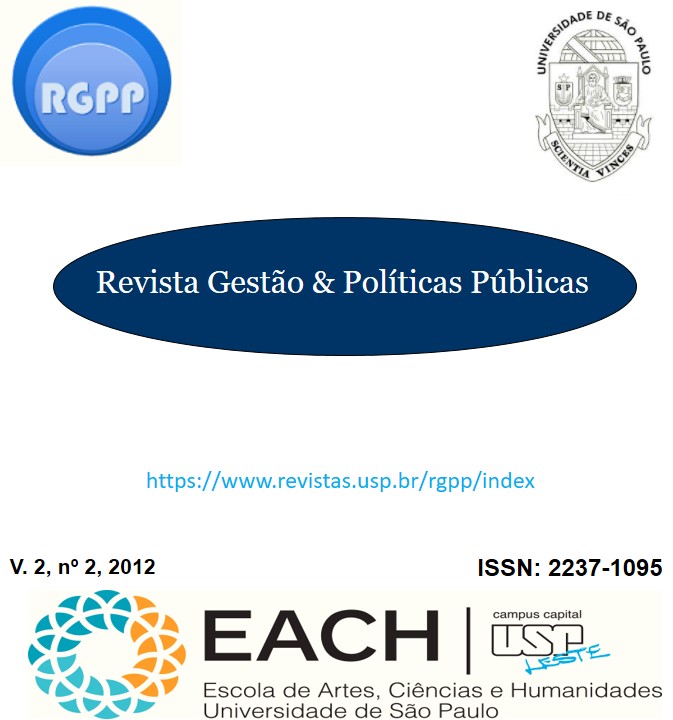Programas de orientação sexual nas escolas: uma análise das lacunas na implementação de políticas públicas a partir da percepção dos alunos da rede municipal de ensino de São Paulo
DOI:
https://doi.org/10.11606/issn.2237-1095.v3p190-210Palavras-chave:
Políticas Públicas, Educação Sexual, Desenvolvimento de Programas, Adolescente, Programas Governamentais.Resumo
No plano normativo e teórico, o papel das escolas na orientação sexual e a sua importância para construção da autonomia e do projeto de vida de crianças e adolescentes é incontroverso. Apesar disso, prevalece o tratamento dessas questões sob uma ótica repressora, focada na ideia de risco e na prevenção das doenças sexualmente transmissíveis e da gravidez. Este artigo teve por objetivo analisar a percepção de alunos sobre os programas de orientação sexual realizados na rede municipal de ensino de São Paulo. Os dados integram o projeto “Educação Sexual na Escola e Direitos Sexuais e Reprodutivos – Avaliação da Política da Secretaria Municipal de Educação de São Paulo 2001 a 2005”. Como parte desse projeto foi feito um levantamento descritivo, de caráter exploratório, com 341 entrevistados, sorteados em oito escolas municipais, no ano de 2006. Os resultados indicaram a realização de ações pontuais e informativas, nas aulas de ciências e em palestras com profissionais de saúde. Não se observou a realização de um trabalho processual, interdisciplinar e intersetorial. Os temas abordados foram a contracepção, as doenças sexualmente transmissíveis, o HIV/Aids, a gravidez e as drogas. Nota-se um pequeno envolvimento de pais e familiares. Mais de um terço dos estudantes referiu não ter participado de nenhuma ação na área da orientação sexual. Conclui-se que prevalece uma concepção descontextualizada da sexualidade e da promoção da saúde. São oferecidas respostas prontas, indicando que os professores não se sentem respaldados para utilizar uma metodologia construtivista. A visão dos alunos reproduz essa lógica, o que pode leva-los a adotar posturas pouco responsáveis e discriminatórias em relação à sua vida e saúde. Transformar uma plataforma de orientação sexual em uma política pública efetiva permanece um grande desafio para a escola e para a sociedade.Downloads
Os dados de download ainda não estão disponíveis.
Downloads
Publicado
2013-06-07
Edição
Seção
Artigos
Licença
A RG&PP segue o padrão Creative Commons (CC BY), que permite o remixe, adaptação e criação de obras derivadas do original, mesmo para fins comerciais. As novas obras devem conter menção ao(s) autor(es) nos créditos.
A RG&PP utiliza o software de verificação de similaridade de conteúdo – plagiarismo (Crossref Similarity Check) nos artigos submetidos ao periódico.
Como Citar
Pirotta, K. C. M., Barboza, R., Pupo, L. R., Unbehaum, S., & Cavasin, S. (2013). Programas de orientação sexual nas escolas: uma análise das lacunas na implementação de políticas públicas a partir da percepção dos alunos da rede municipal de ensino de São Paulo. Revista Gestão & Políticas Públicas, 3(1), 190-210. https://doi.org/10.11606/issn.2237-1095.v3p190-210






